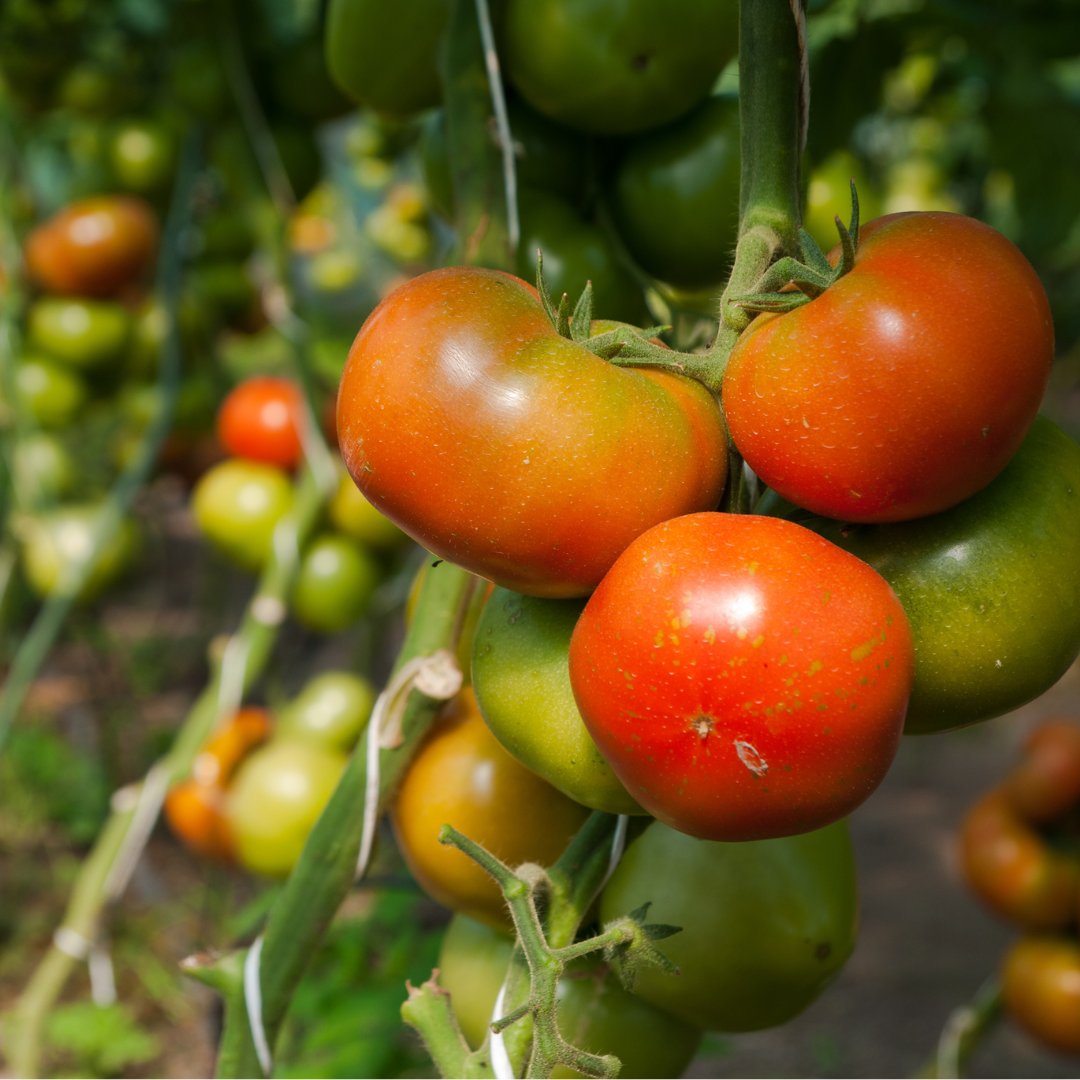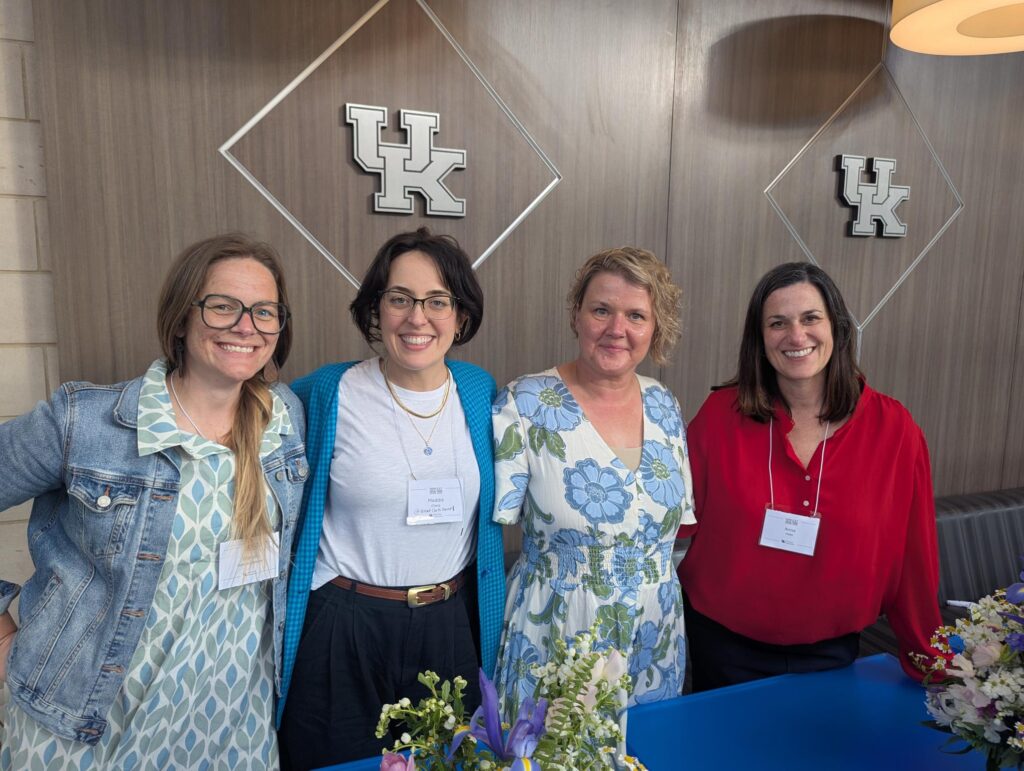
Kentucky Department of Agriculture work multiple programs to connect local farmers with schools.



FRANKFORT, Ky. (Oct. 1, 2025) – For nearly 30 years the U.S. Department of Agriculture’s Department of Defense Fresh Fruit and Vegetable Program (DoD Fresh) has worked to increase access to farm fresh produce for school children through various funding sources.
Operating through a partnership between the USDA and the DoD Defense Logistics Agency, as well as the state distributing agencies in each participating state, DoD Fresh has programs in 49 states, including Kentucky, the District of Columbia, Puerto Rico, the Virgin Islands, and Guam. USDA does not impose a cap on the amount of USDA Foods entitlement used through this program and allocations may be changed on several dates throughout the year.
But even with the program, getting farm fresh products into schools can sometimes take an advocate. For Kentucky, that’s where What Chefs Want (WCW) steps in. As the state vendor for DoD Fresh, WCW delivers fresh, local fruits and vegetables to schools.
“Studies show farm produce from a local source has more nutrients than those that have to be shipped longer distances,” Kentucky Agriculture Commissioner Jonathan Shell said. “Healthier, more nutrient dense meals make for a child that is more focused, alert, and ready to learn. Partnering with What Chefs Want has allowed Kentucky schools to focus on nutrition closer to home, benefiting local farmers and school children alike.”
WCW, a family-owned foodservice distribution service created and headquartered in Kentucky, is one of the state’s dedicated partners for school nutrition. WCW works to help Kentucky and neighboring states’ schools procure fruits and vegetables from Kentucky farmers.
“Commissioner Shell and his team at the Kentucky Department of Agriculture have set the bar high – and we at What Chefs Want are responding with programs like none other in the United States,” said Anna Haas, WCW Local Food Program Director. “Together, we are ensuring more farmers, children, schools, and families across the Commonwealth can build a healthy farm to school economy through local food distribution.”
WCW works with schools that want to divert some or all of their USDA Foods in Schools funds to the DoD Fresh program. Since the beginning of the 2025 school year, 504 Kentucky school locations have participated in the program, with 2,535 cases of Kentucky grown produce going to school cafeterias. By the end of October, at least 14 Kentucky farms and farmer aggregators will have participated including Barbour Farms, Barr Farms, Bosch Berries, Cornett Farm Fresh, Dennison Farms, Gallrein Farms, Goodin View Farms, Homegrown Direct, Kentucky Fresh Harvest, Mount Pleasant Acres, Stepping Stone Farm, Sustainable Harvest Farms, and multiple other family farms working under Farmers Alliance and H+H Farms.
WCW provides a catalog of options for those schools including obtaining farm-fresh produce. Kentucky’s growing season from the first day of school in August through first frost in October allows for the purchase of farm-fresh favorites such as sweet corn, watermelon, red round tomatoes, grape tomatoes, cucumbers, zucchini, yellow squash, green bell peppers, yellow onions, and red onions.
For October and beyond, WCW will also add from Kentucky farms sweet potatoes, winter squash, apples, and greenhouse-grown strawberries.
Schools wanting to add additional items outside DoD Fresh can also receive in their deliveries Kentucky farmers’ frozen fruit, frozen sweet corn, school-approved salsas and marinara sauces plus local meat, dairy, eggs, and broadline goods.
“When students know they can eat local farm-raised food, it enhances and raises student participation, which we have at between 80 and 100 percent,” said Jack Miniard, Food Service Director for Harlan County Public Schools and Appalachian Challenge Academy. “The flavor cannot be beat when it’s packed fresh, delivered fresh, with that great quality.”
Last year, Kentucky schools spent about $7 million in funding with DoD Fresh. In the past, most of that product typically came from out of state, but WCW is working to provide local options for schools and keep that money with Kentucky farmers.
The DoD Fresh contract isn’t the only way school districts are purchasing local produce. The Kentucky Department of Agriculture is always working on ways to connect schools with local producers through KDA’s current Farm to School program.
To learn more about What Chefs Want and its local offerings, including for Schools, visit the What’s Local Now webpage at whatchefswant.com/local-food-now/ or email schools@whatchefswant.com.
To learn more about KDA’s Farm to School program, visit the Department’s website at kyagr.com/consumer/farm-to-school.html.












